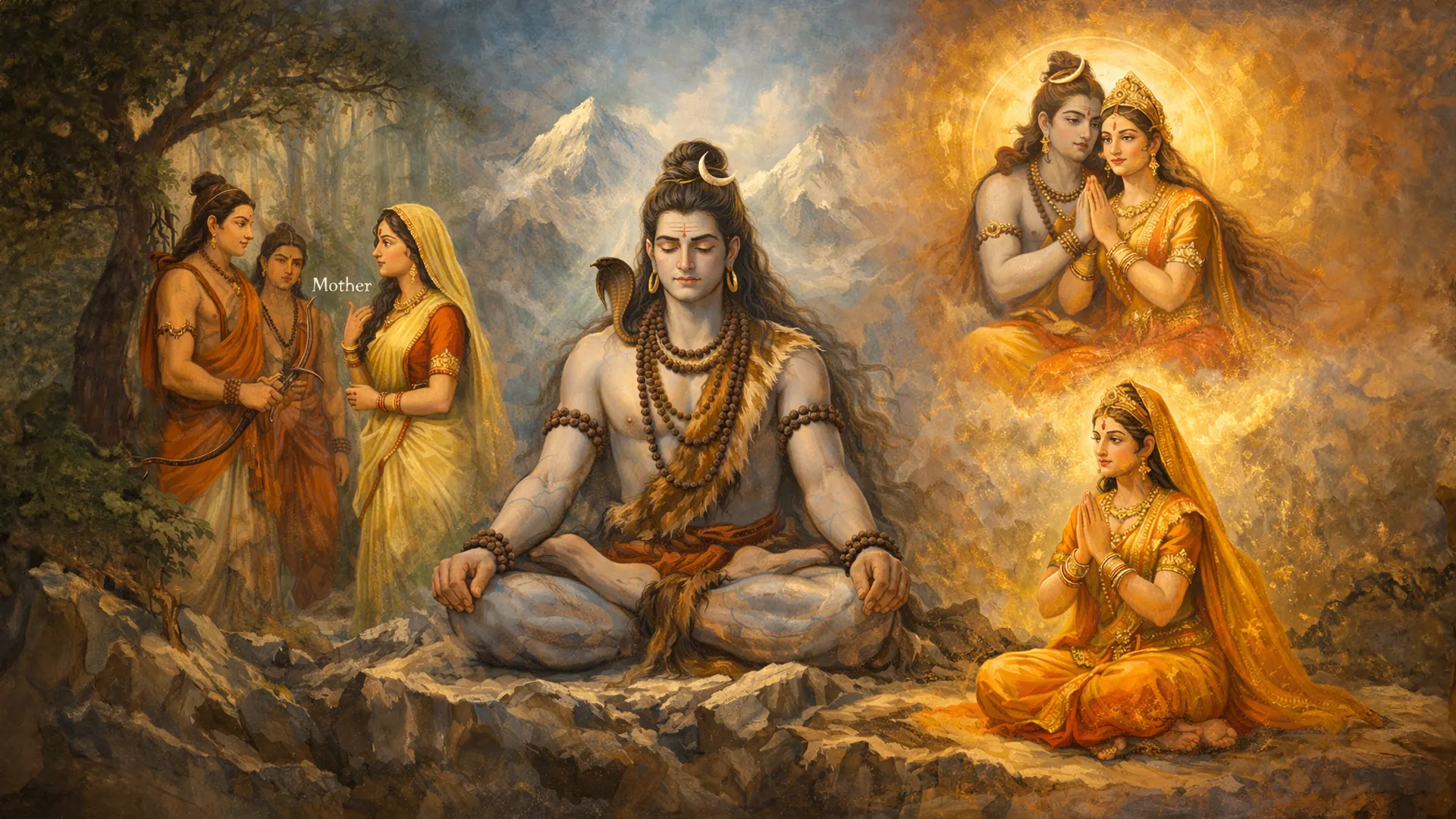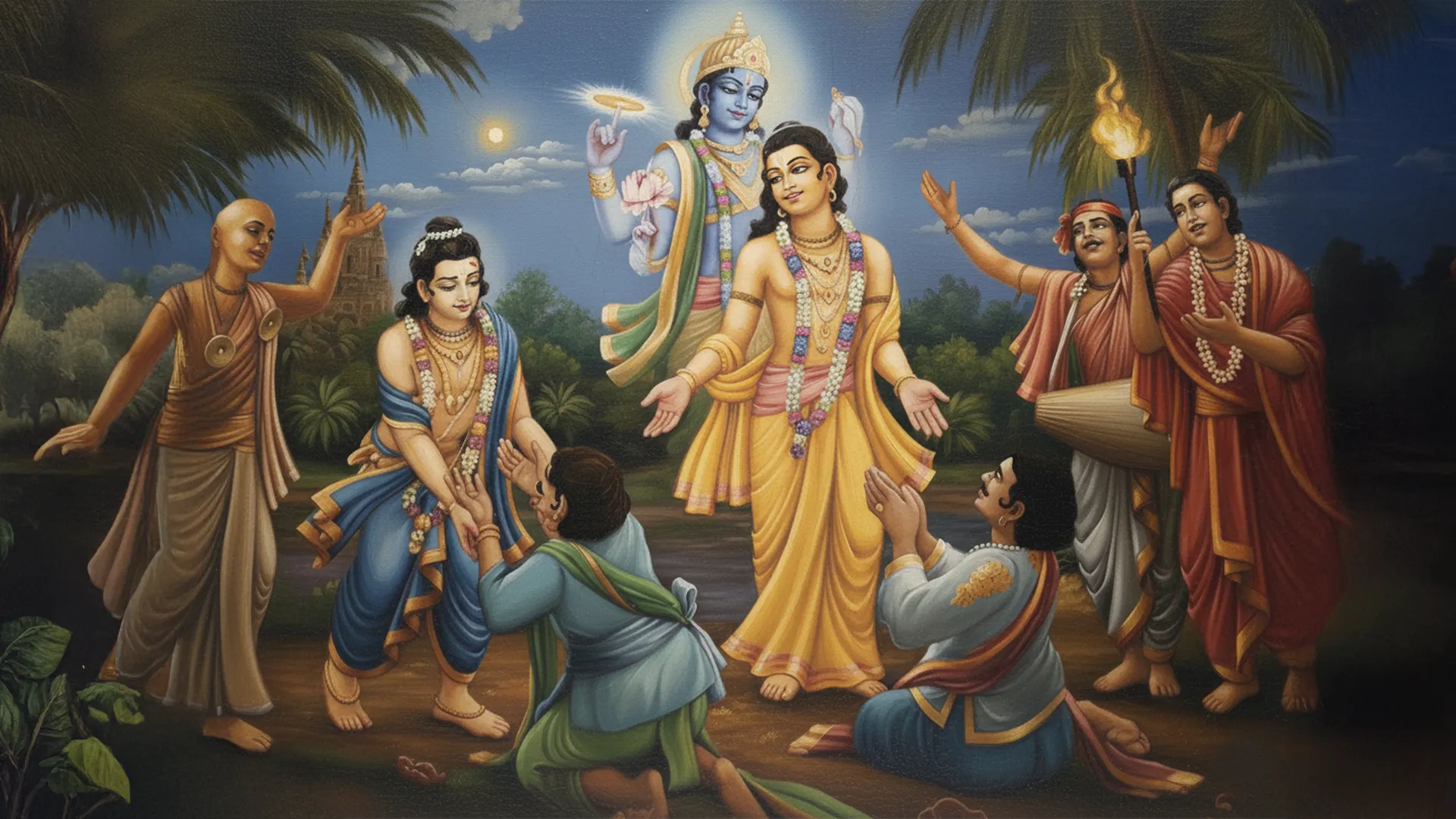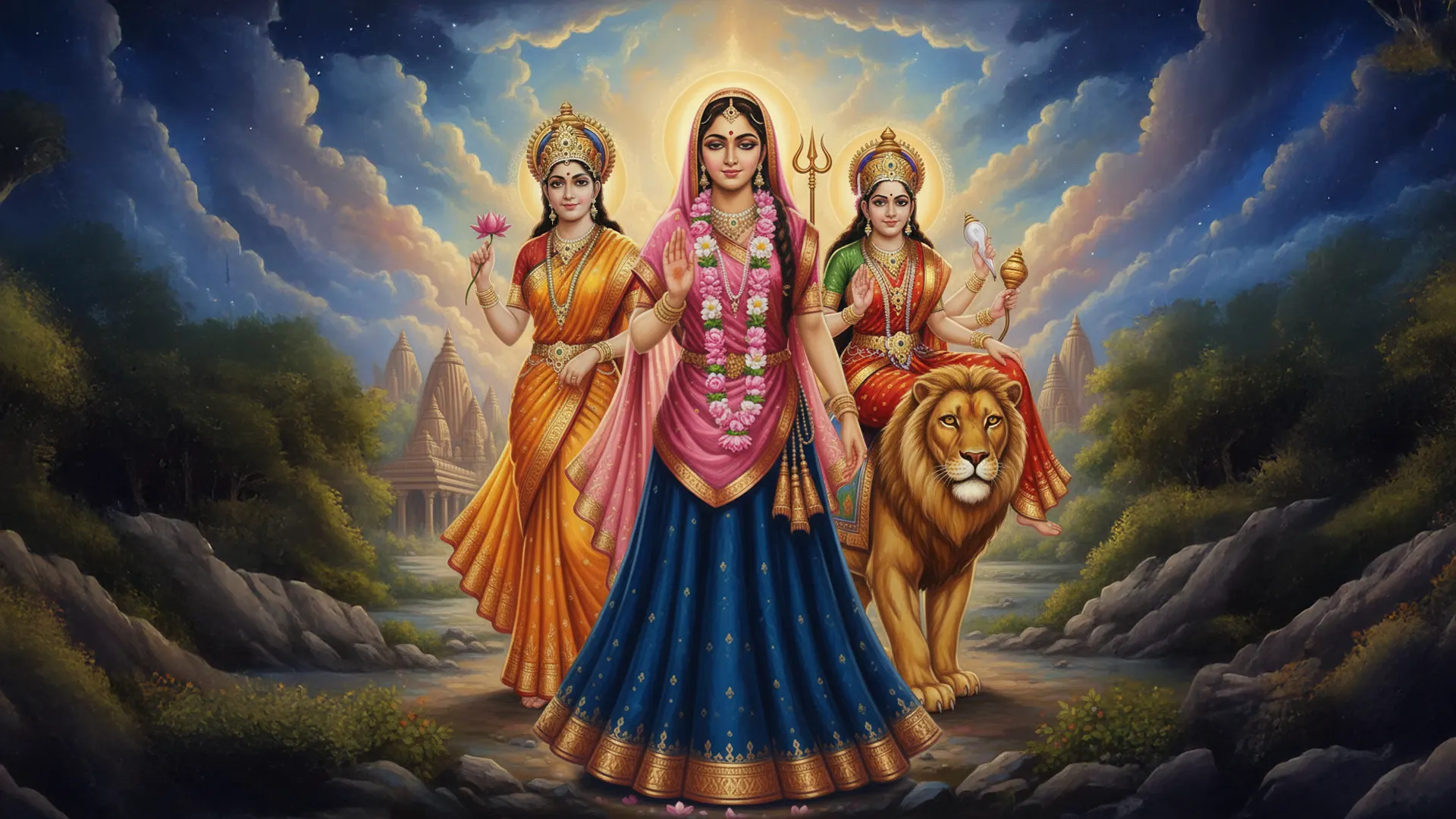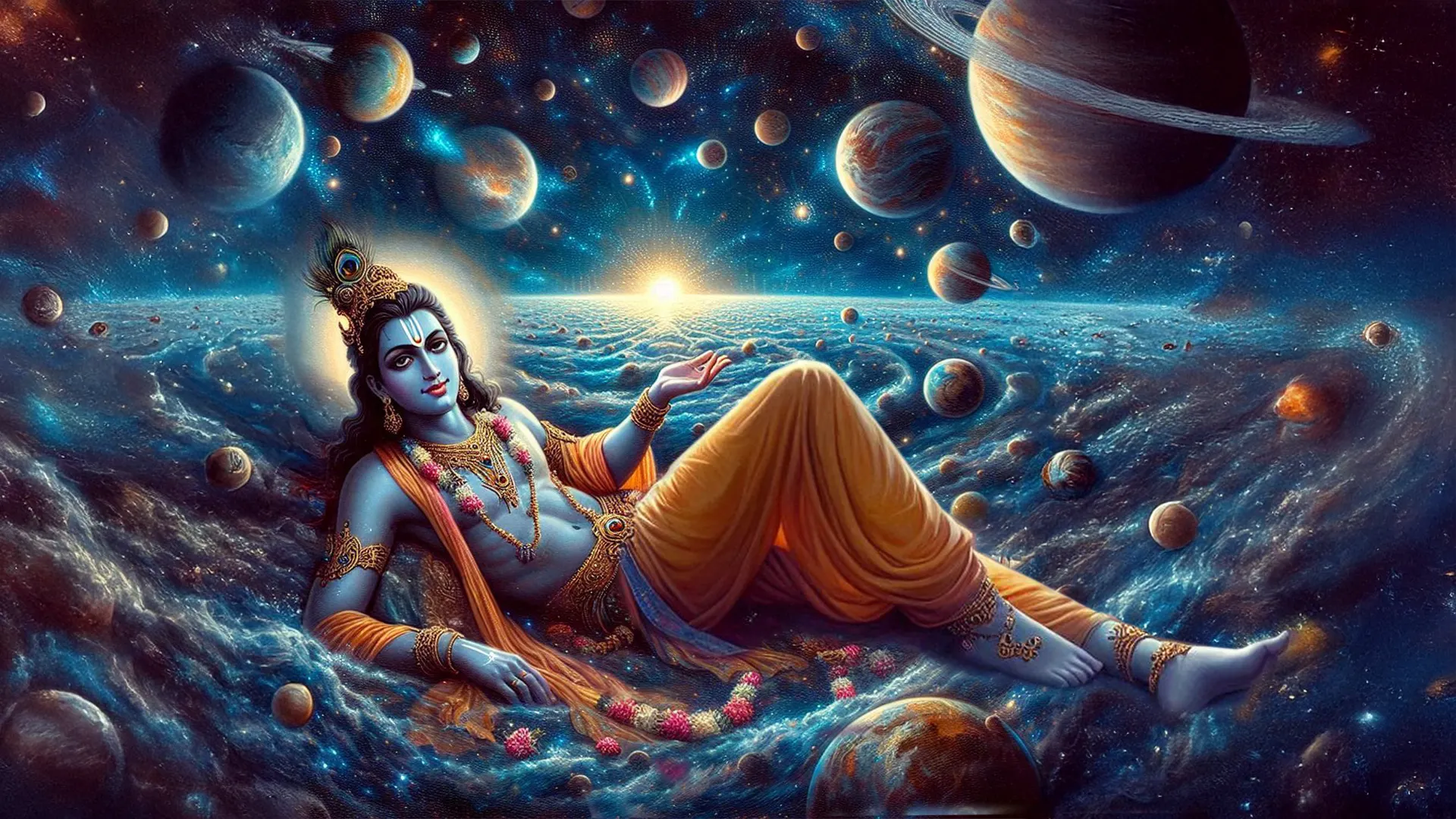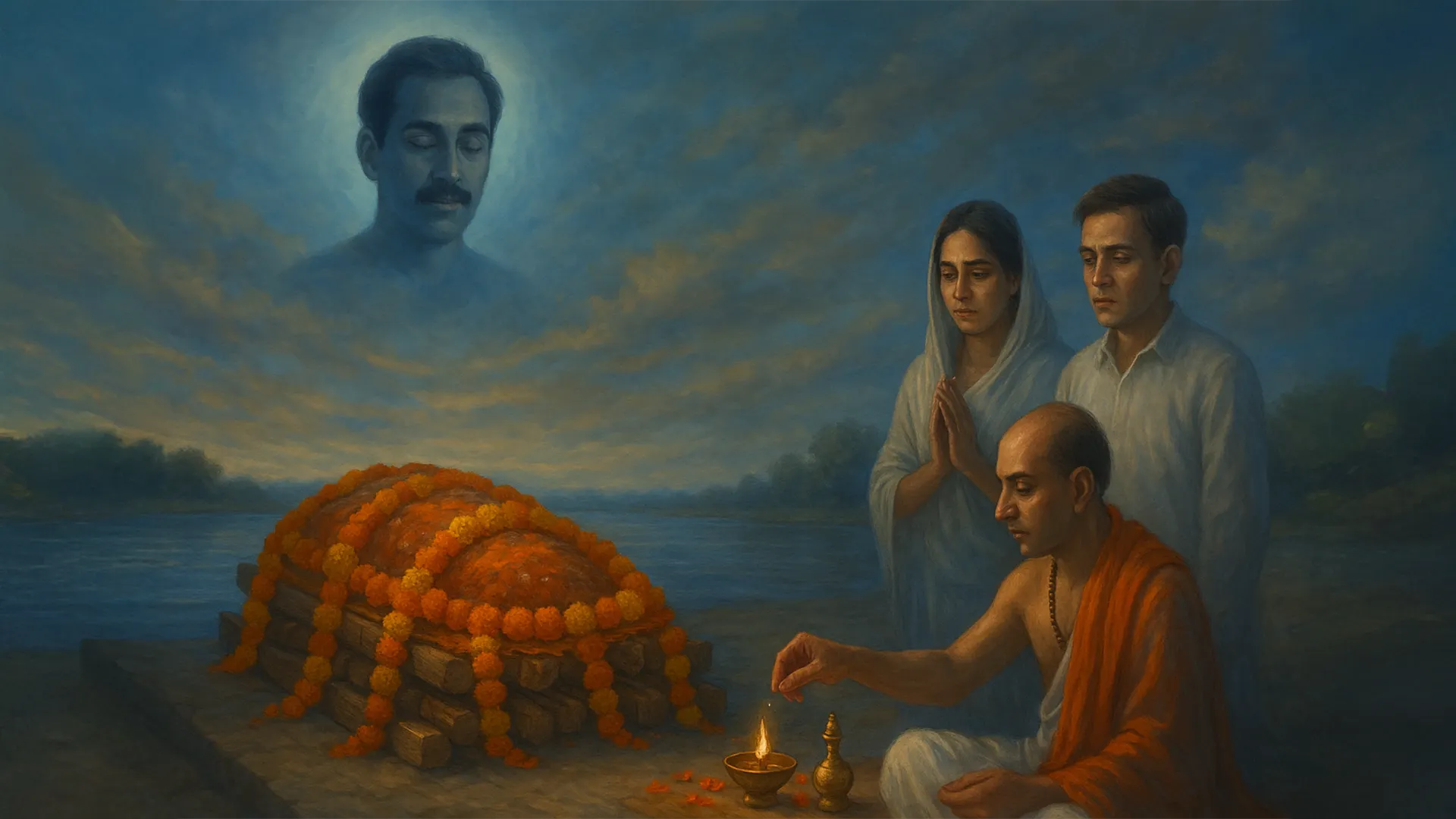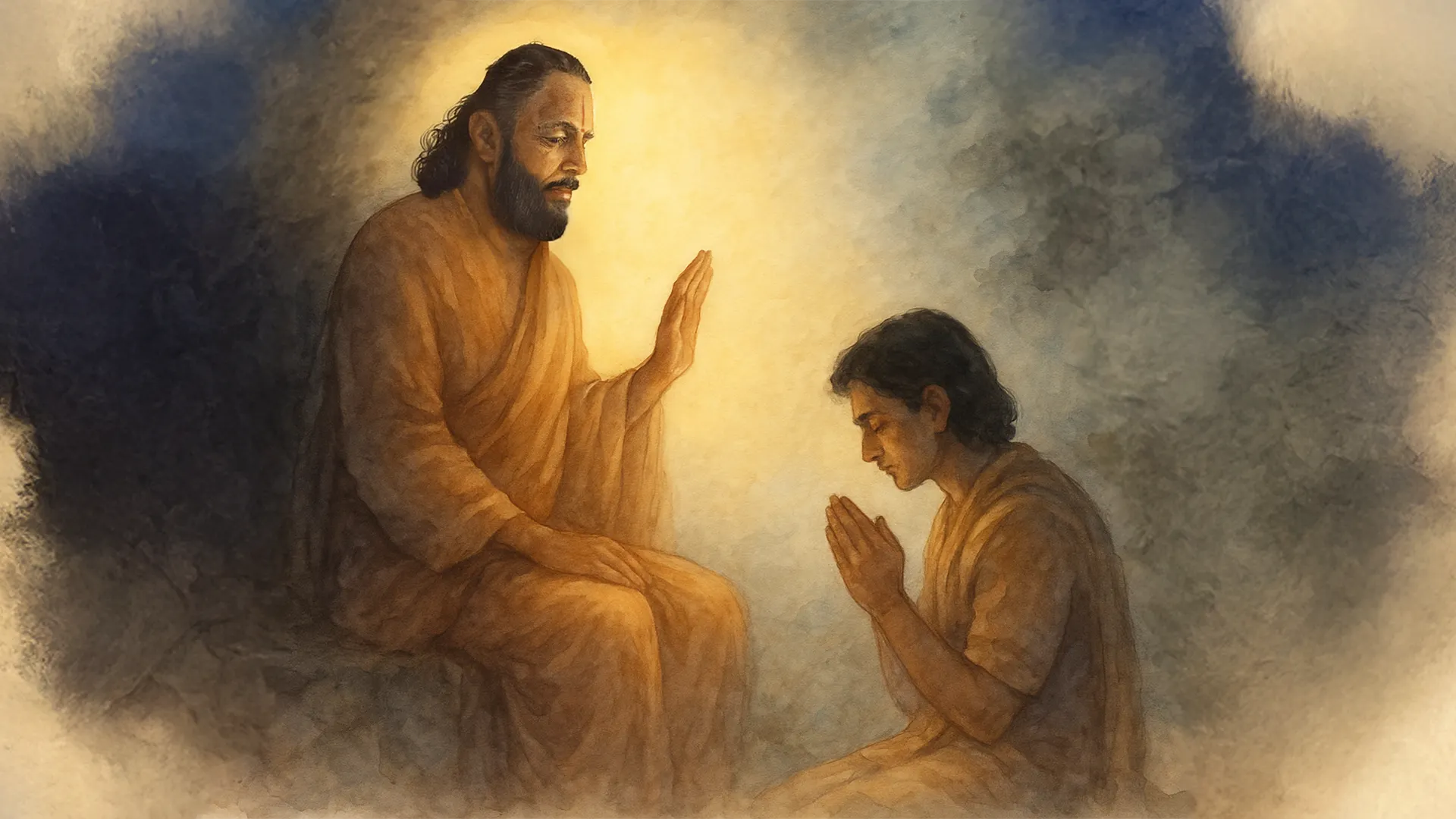Suffering in the world is as inevitable as the birth and death of human beings. The Buddha’s First Noble Truth states the inevitability of suffering in the world. Old age, sickness, death, the transitoriness of material objects, relationships, achievements, and the condition of being born again and again entail pain and misery. Two questions arise here. First, if human souls are minute parts of God, why are they inflicted with so much suffering birth after birth? And second, if God is omnipotent and merciful, why does He allow His children to suffer? Why doesn’t He mitigate their miseries and free the world from evil?
Our parents always try to make our lives easier and more comfortable. They put their best efforts to insulate us from hardships and difficulties in the world. However, they are mortals, too, so sometimes, their ability to help their children is beyond their ability. But that is not the case with God. God is omniscient and omnipotent. Why, then, doesn’t he remove suffering from the lives of his devotees?
Concept of Free Will
God is indeed the doer of all actions. Whatever action we undertake in the world is powered by God’s energy. However, He has given us the Free Will to choose to do good or evil. One might argue that if God did not give us free will, we would never be able to do evil. One can not infer from this that we could do well, either. Bereft of free will, human beings would become machines unable to dispense good or evil actions. There would be no progress of the soul. It would be a static object unable to learn the difference between good and evil. Lord Shri Krishna imparts the most profound knowledge to Arjun in the Bhagavad Gita (18.63). Still, as chapter 18 reveals, He leaves his dear devotee with a choice of whether to accept that knowledge and act accordingly or not:
इति ते ज्ञानमाख्यातं गुह्याद्गुह्यतरं मया |
विमृश्यैतदशेषेण यथेच्छसि तथा कुरु ||
iti te jñānam ākhyātaṁ guhyād guhyataraṁ mayā
vimṛiśhyaitad aśheṣheṇa yathechchhasi tathā kuru
“I have revealed to you this profound and secret knowledge. The choice is now yours: ponder it deeply and do as you wish.” Arjun won the battle of Kurukshetra because he could alleviate his troubled mind by internalizing God’s knowledge and putting it into action.
God is a Fair Judge
Swami Mukundananda addresses this question in his discourses- If God is merciful, why do we suffer? He pragmatically explains that God does the work of the referee. So, like an umpire in a game of cricket, God is unbiased. He accounts for our good and bad karma from innumerable lifetimes and gives us our prarabdha karma in our present life. Therefore, one should not blame God if one is not intelligent, rich, or famous or if one’s aspirations are not fulfilled. We sow as we reap. God acts as a fair judge to all souls. However, one can choose and create Kriyaman karmas in the present life. God has made laws conducive for souls to stick to a righteous path and engage in bhakti. One may or may not choose to follow it. So, like in a game of cricket, one can keep scoring runs or ducks. No one but ourselves will have to bear the consequences of our karma, good or bad.



